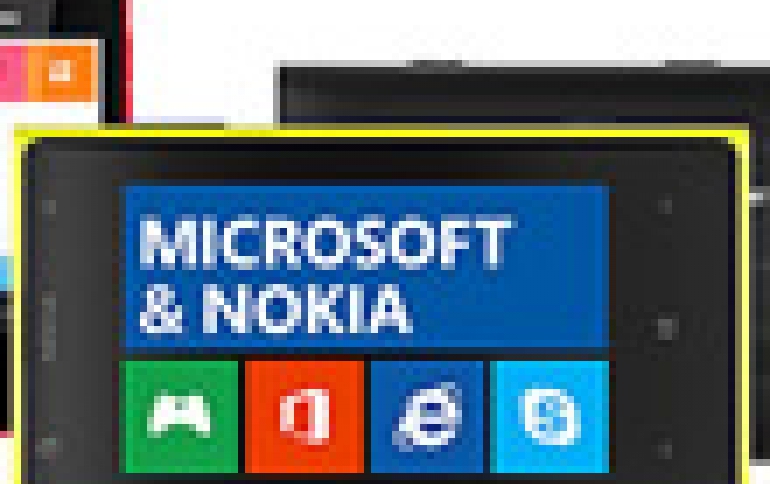
China Approves Sale of Nokia's Business to Microsoft
Nokia's planned transaction whereby Nokia plans to sell all of its Devices & Services business to Microsoft has received regulatory approval from the Ministry of Commerce of the People's Republic of China.
The regulatory approval process has involved a thorough review of Nokia's patent licensing practices by several competition authorities around the world. During that process, no authority has challenged Nokia's compliance with its FRAND undertakings related to standard-essential patents (licensing on fair, reasonable and non-discriminatory terms) or requested that Nokia make changes to its licensing program or royalty terms.
Chinese regulators are concerned Microsoft could use its patents to gain an edge in the local market. Over 80 percent of Chinese smartphones run Android, which Microsoft claims contains certain technologies on which it holds patents.
To prevent the patent abuse, Microsoft has promised it won't use "fundamental patents" to seek a product ban on Android handset makers. Nor will the company seek to increase their patent licensing fees following the acquisition.
In cases involving less important patents, Microsoft can seek a product ban if the vendor conducted "negotiations not in good faith," according to the Chinese ministry. Microsoft's promise on fundamental patents will last indefinitely; the promise on non-fundamental patents for eight years.
In addition, Nokia has also agreed to license its fundamental patents fairly to vendors.
Nokia and Microsoft have now received regulatory approvals from the People's Republic of China, the European Commission, the U.S. Department of Justice and numerous other jurisdictions.
The two companies continue to expect the transaction to close during April 2014.
Chinese regulators are concerned Microsoft could use its patents to gain an edge in the local market. Over 80 percent of Chinese smartphones run Android, which Microsoft claims contains certain technologies on which it holds patents.
To prevent the patent abuse, Microsoft has promised it won't use "fundamental patents" to seek a product ban on Android handset makers. Nor will the company seek to increase their patent licensing fees following the acquisition.
In cases involving less important patents, Microsoft can seek a product ban if the vendor conducted "negotiations not in good faith," according to the Chinese ministry. Microsoft's promise on fundamental patents will last indefinitely; the promise on non-fundamental patents for eight years.
In addition, Nokia has also agreed to license its fundamental patents fairly to vendors.
Nokia and Microsoft have now received regulatory approvals from the People's Republic of China, the European Commission, the U.S. Department of Justice and numerous other jurisdictions.
The two companies continue to expect the transaction to close during April 2014.





















